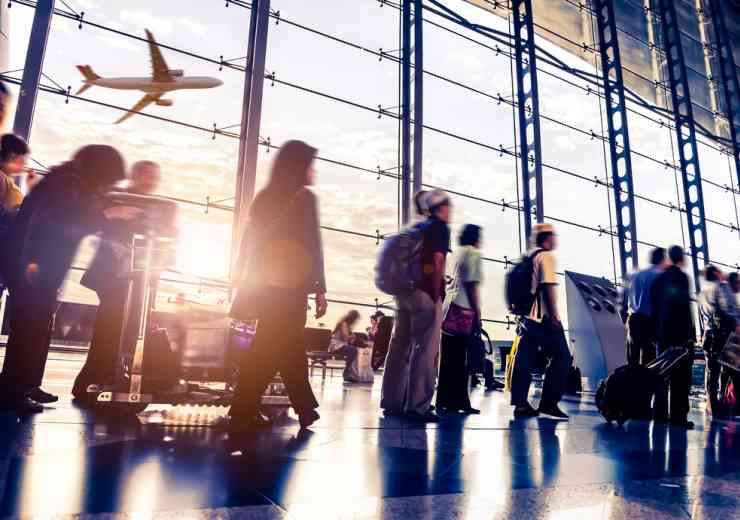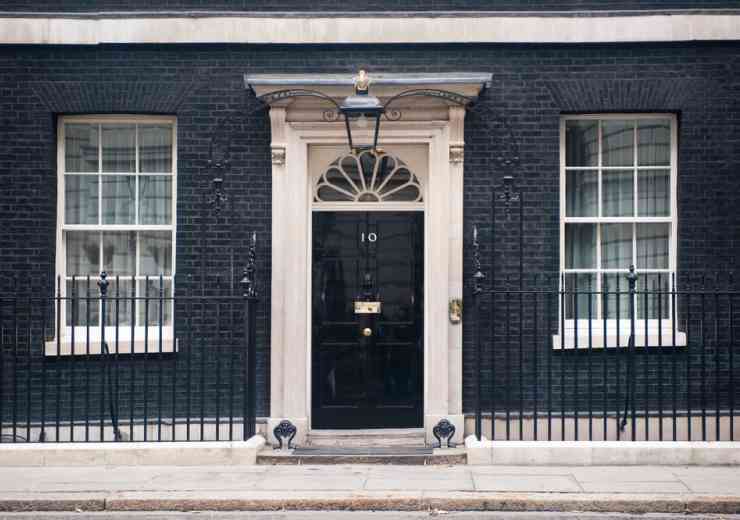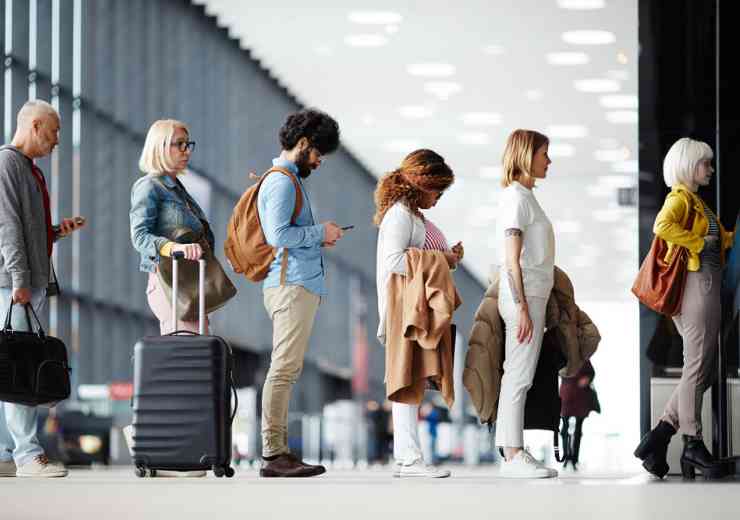Businesses need to face up to growing extremist threat
Resilience First has warned that companies have a responsibility to help ensure staff do not fall into extremist patterns or turn to radicalisation.
The coronavirus pandemic has resulted in a more volatile and fragmented world with people more isolated and likely disgruntled with the economic impact on them. This increasing level of dissatisfaction, combined with increasing individual isolation, provides both fertile ground and the opportunity for radicalisation in many different directions.
Resilience First hosted a webinar to consider how to mitigate the threat of extremism and terrorism in the face of the pandemic, and have now said that companies have a responsibility to work to combat this by moving upstream from the physical security of their premises to working with their employees to support their mental health and wellbeing to prevent the kind of alienation that can lead to extremism.
Companies can also contribute towards wider societal resilience by giving more opportunities to those most impacted by the pandemic, who are often the young who are suffering from a lack of economic opportunity.
Robert Hall, executive director of Resilience First, said: “The twin threats of extremism and terrorism have become more dispersed and amorphous on the back of the pandemic. The deprivations of lockdown, the opportunity to spend more time online and hook up with fellow conspirators, a growing ultra nationalist dimension and the hate campaigns around BME and religious groups have all added fuel to the fire of both the extremist and the terrorist.
“Businesses should be prepared to prevent staff from being radicalised as much as to protect others from becoming the innocent casualties. If preparedness is to become a competitive advantage for organisations then we should take a more holistic view of our mitigation measures in order that we become more resilient as individuals and communities.”
Sir Mark Rowley, former Assistant Commissioner for Special Operations at the Metropolitan Police, said: “Islamist terror has changed and gone online, propaganda is thrown across the world, scattered like seeds and connected to local grievances in a way that we haven’t seen before. The chance of these seeds hitting fertile ground is growing all the time. The right wing has used the online world to go from loners to groups and to connect to global grievances and ideologies. So we have multiple, complex, fragmented threats. These extremist groups have had a captive audience to reach in people’s homes as people have been working from home or have been unemployed.
“Particularly if we look at the last year, grievance has been stoked by Covid-19 and some of the other protest issues around Black Lives Matter and Extinction Rebellion. Such grievances are often exploited by extremists. We have seen increased numbers of fragile states, as states get damaged and distracted by Covid-19, particularly weaker states in Africa and other parts of the world, creating more opportunity for extremists and terrorists.”
digital issue


























